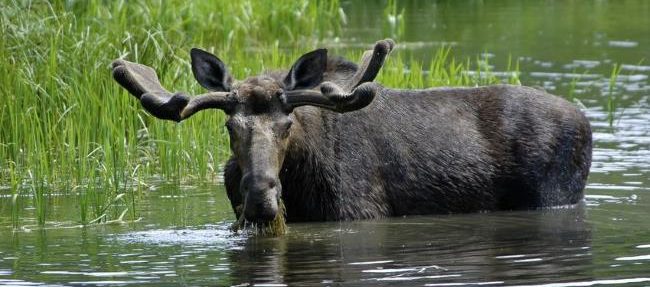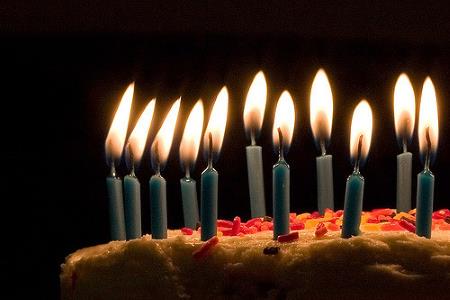“Avoid gluten in your diet, because our ancestors did not eat it, and neither should you!”
“Rub your face with mud; early humans literally lived in it.”
Similar statements are trendy as more people follow the seemingly reasonable logic that natural things are good and unnatural things are not.
“Why do I need to brush my cat’s teeth? Have you seen a tiger flossing in the woods?”
“Coffee did not arrive in Europe until the 17th century. Don’t touch that cup of coffee!”

It’s easy to see the logic of these statements, but it is flawed; this reasoning relies on the assumption that animals have evolved into an ideal version or were perfectly designed for their environment. This, however, is wrong. Why?
Survival of the fittest… by a narrow margin
Nature isn’t as perfect, beautiful or romantic as it is often portrayed. It’s a really harsh environment. For example, natural selection is often referred to as the survival of the fittest, but it isn’t.
Natural selection is not the survival of the fittest; natural selection is the survival of the fittest by a narrow margin. Why isn’t the margin wider? The main reason is that a large margin would be a waste of an animal’s time and energy.
To be a candidate for evolution, an animal must be successful in three areas: finding food, surviving and finding a mate. These are equally important, and you can’t perfect any of them while neglecting the others. There must be a balance. After all, if you can’t find food, there is no point in avoiding predators. If you are not able to mate, your genes will not reach the next generation, no matter how much food you have.
Imagine, for example, a roadrunner. I mean the actual bird, but the cartoon character will do. A roadrunner needs to avoid predators, so he is fast. But how much speed is really necessary to outrun a coyote?
Well, the initial thought might be that more is better. But is it? We all love when the Road Runner zings past Wile E. Coyote and draws a fake exit on the side of a cliff. However, couldn’t this time be used eating seeds or looking for a “hot chick?”
It isn’t just about avoiding predators, either. Does a moose bull need to remove every flea from his coat? No, only enough to stay clean. Wasting more time than the absolute minimum is a poor choice for his survival.

He might want to be attractive for the mating season, but it would be pointless to spend the whole month in a beauty salon.
Nature does not strive for perfection
The largest misconception about nature is that it strives for perfection. However, all it requires for a species to be successful is to reproduce (and stay alive) better than others.
People often say that house cats don’t need to clean their teeth because wild cats don’t. Of course, they don’t need to; cats in the wild are fine with neglecting dental hygiene. They are unlikely to live long enough to feel the consequences, anyway.
House cats live longer, and their owners must care for their health if they want little Fluffy to outlive wild cats. Brushing teeth is beneficial to a cat’s health, no doubt, but it isn’t natural. Good health is not natural.
Most people use worm medicine for their dogs, but the majority of wild animals have some kind of parasite living in or on them. This is natural. Many wild animals are starving or undernourished, and they rarely live even half as long as their domestic counterparts. What does it mean?
It means that there is no natural lifestyle to help us live to 80 or 100 years old. Our evolutionary ancestors did not live that long.
Old age is not natural

Our bodies have evolved without much concern about what happens to us after 60, 50 or even 30 years when, reproductively speaking, we are past our prime. A natural lifestyle means that you start to reproduce in your teens. If you die by 50, you’ve already had time to spawn offspring. If you produce more children later, this addition won’t have the same impact as the first you reared.
This is a complex concept called the selection shadow but for this article, it boils down to a single point: there is little concern in nature about what happens after your sexuality fades.
To nature, it is okay if your teeth fall out. It is okay if your eyesight becomes weaker. It is okay if your nutritional, emotional or physiological needs change as you age. There is no recipe in nature for old age because old age is not natural.
Of course, that does not mean we should completely ignore the natural lifestyle of our ancestors and animals closely related to us. Much in these lifestyles will be good and applicable. At the same time, it is important to remember that unnatural things can be as good or even better than natural ones.